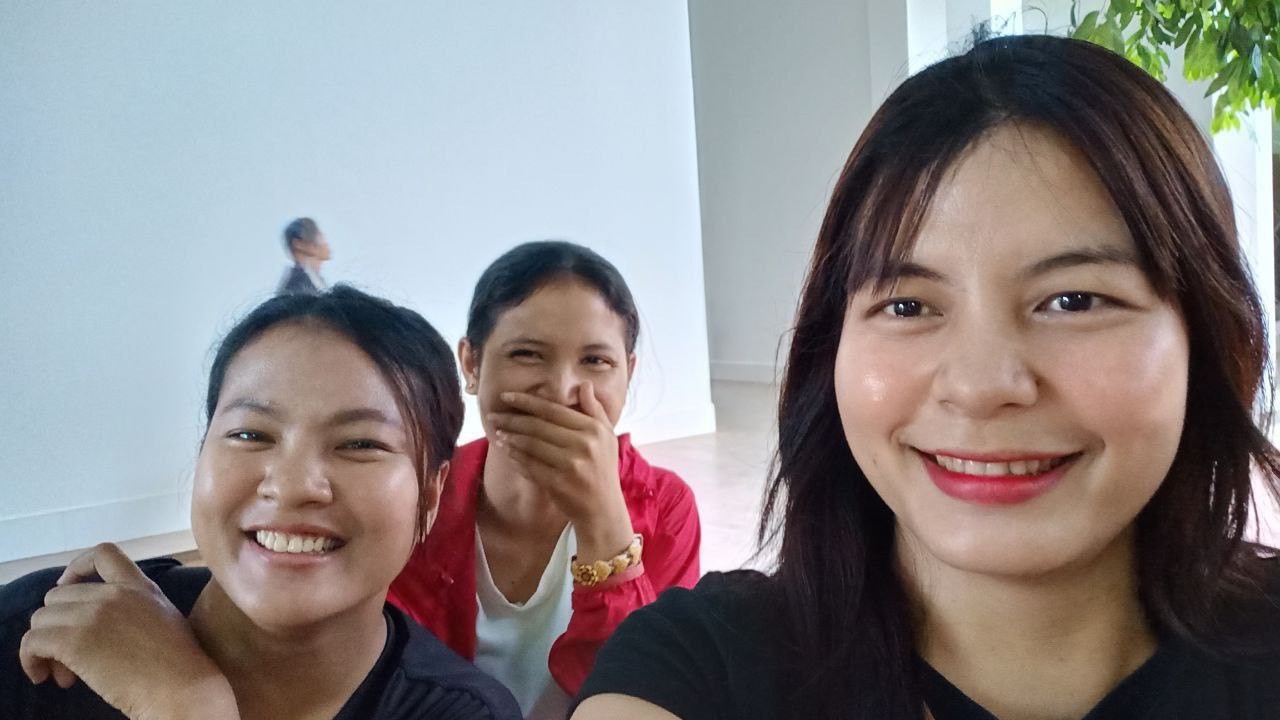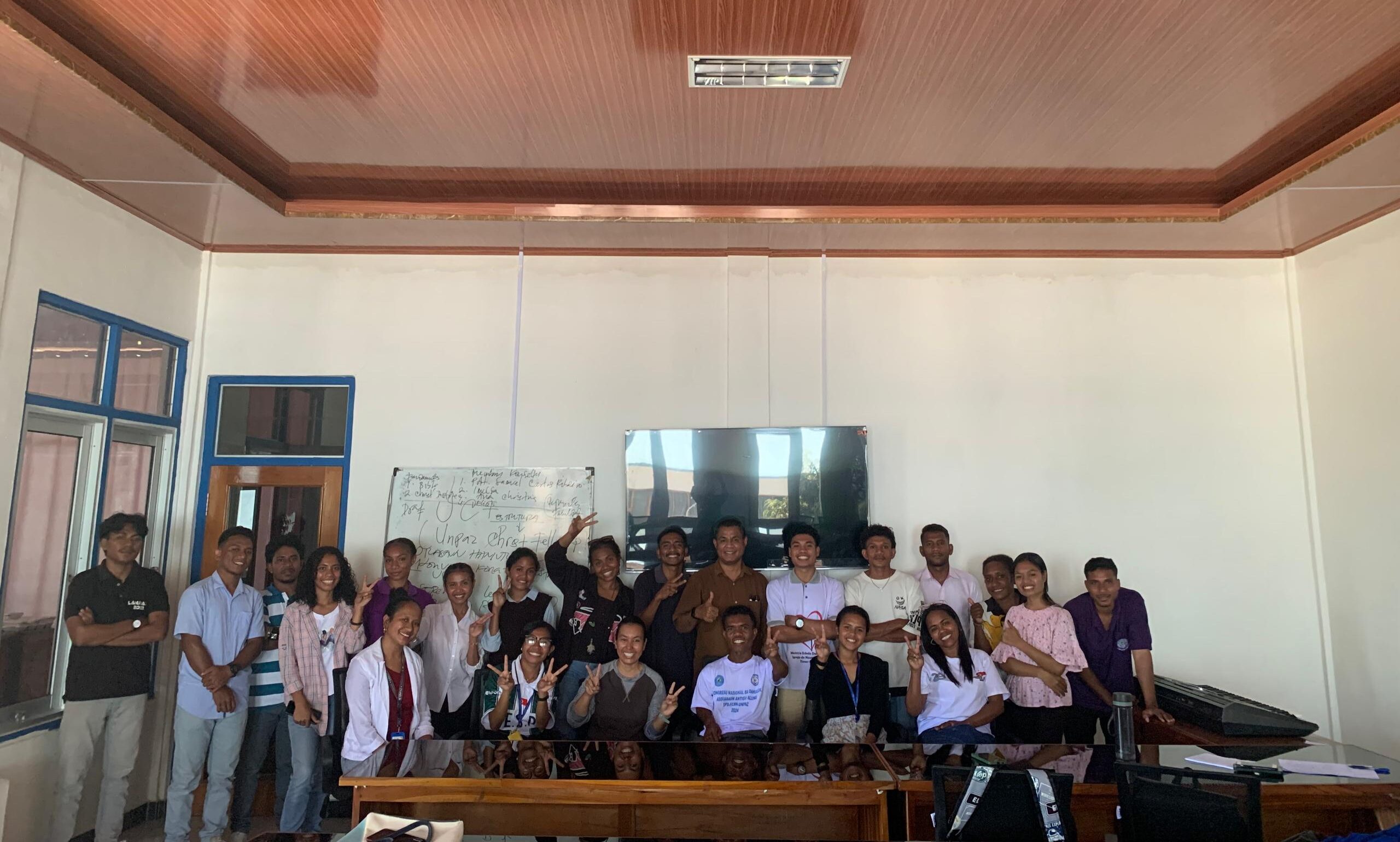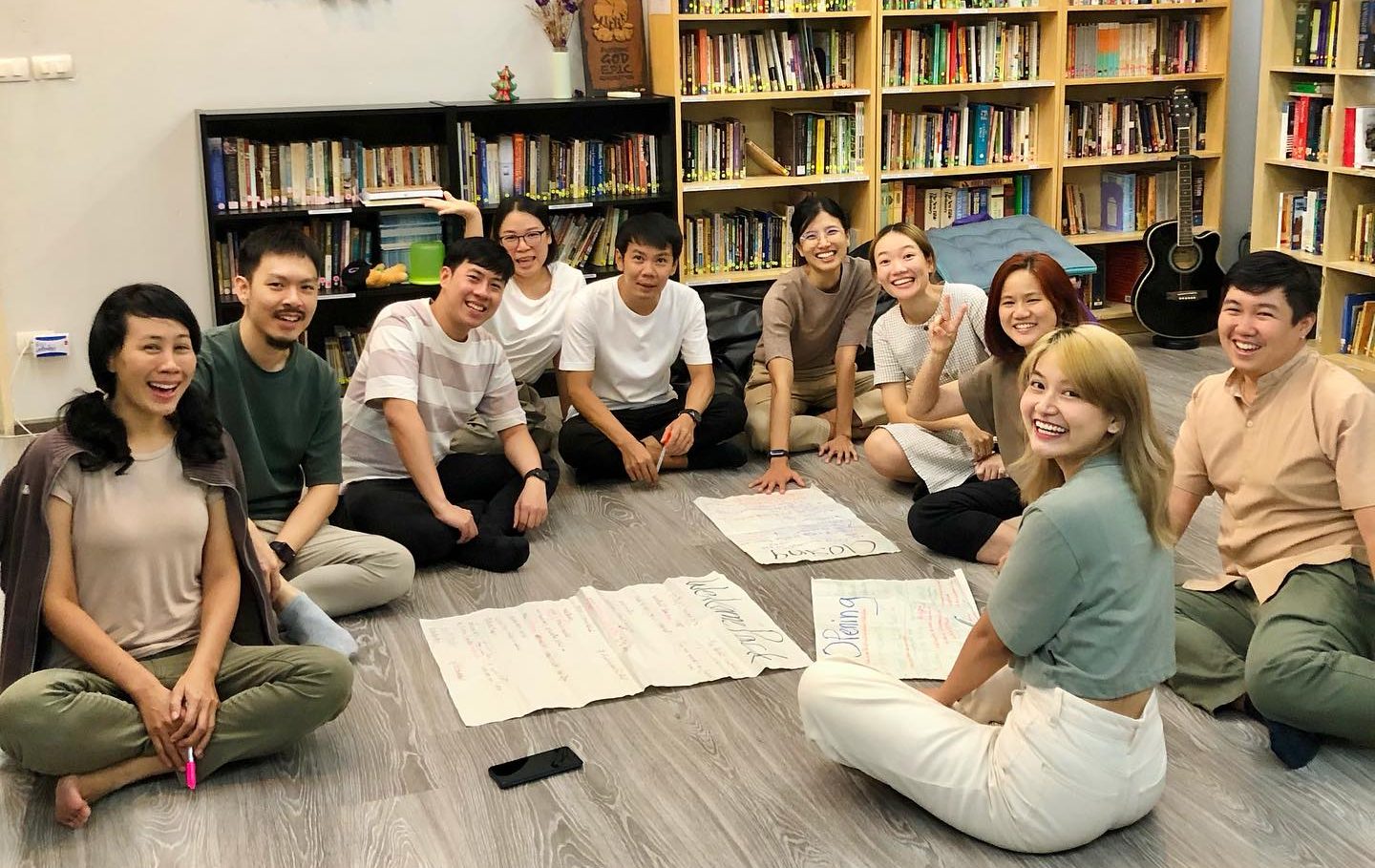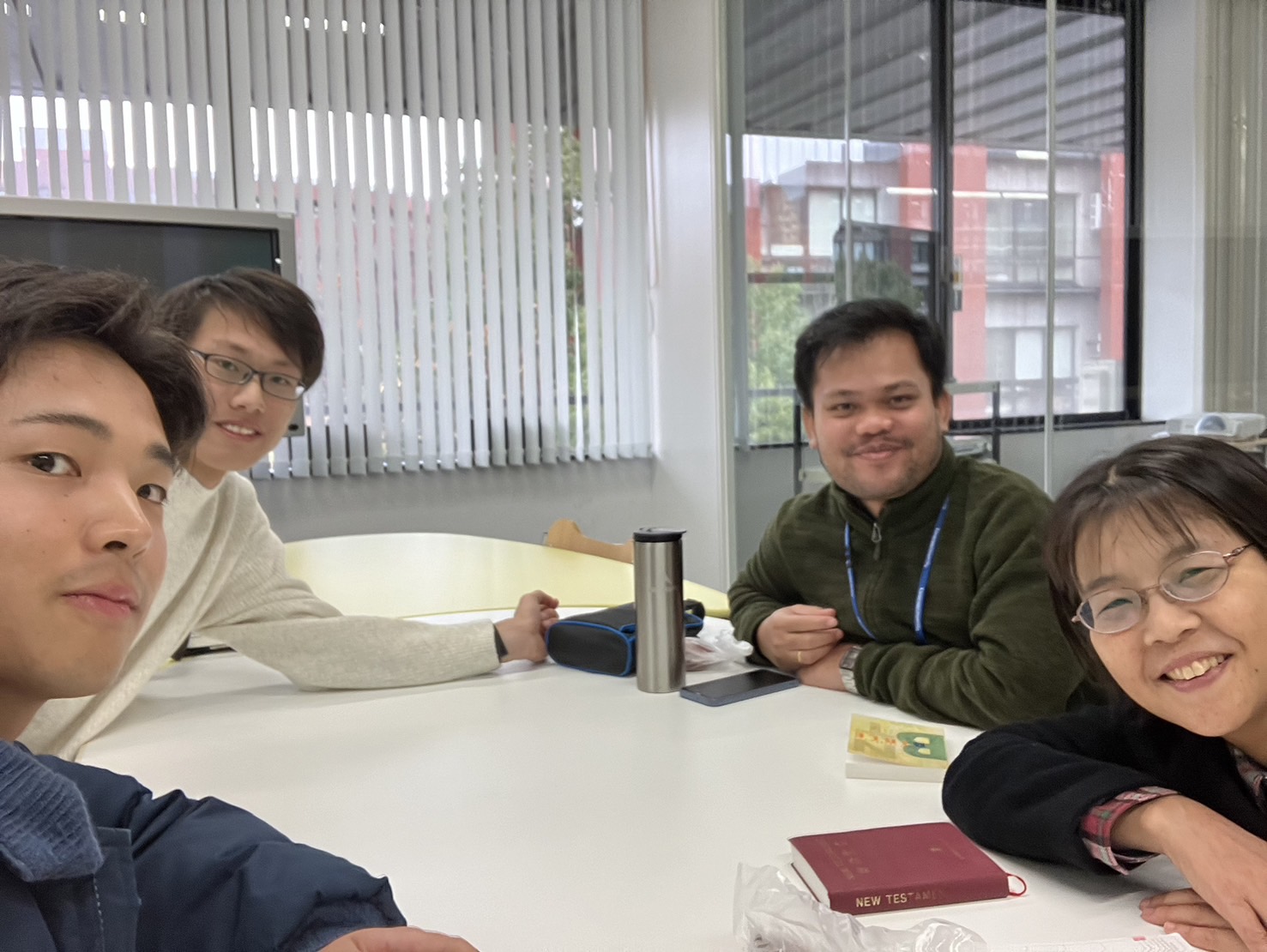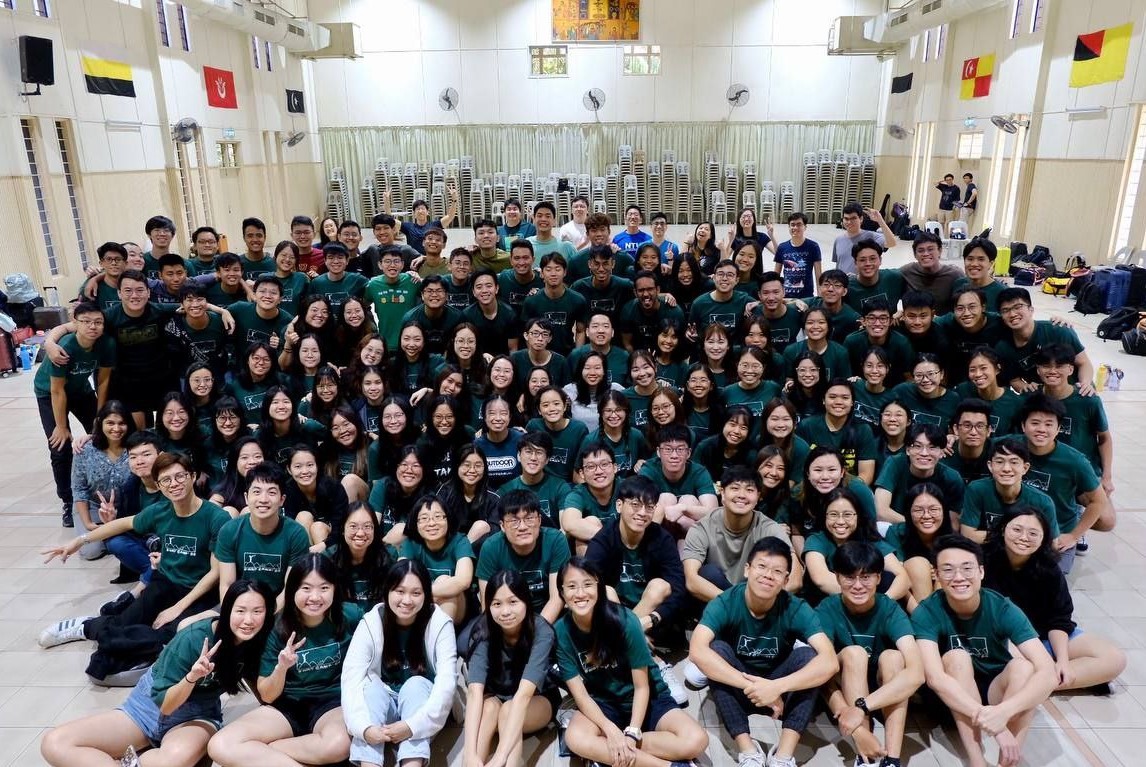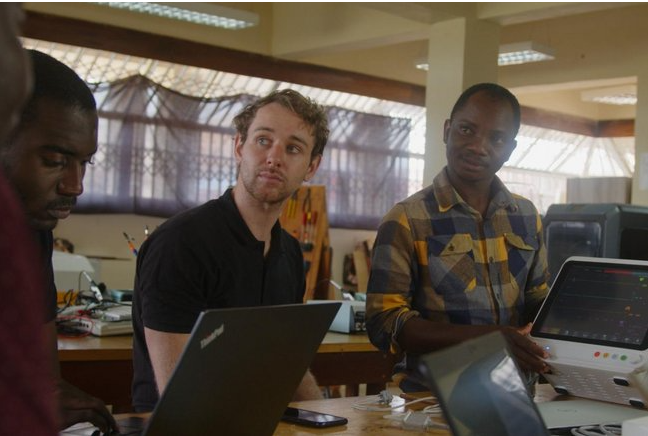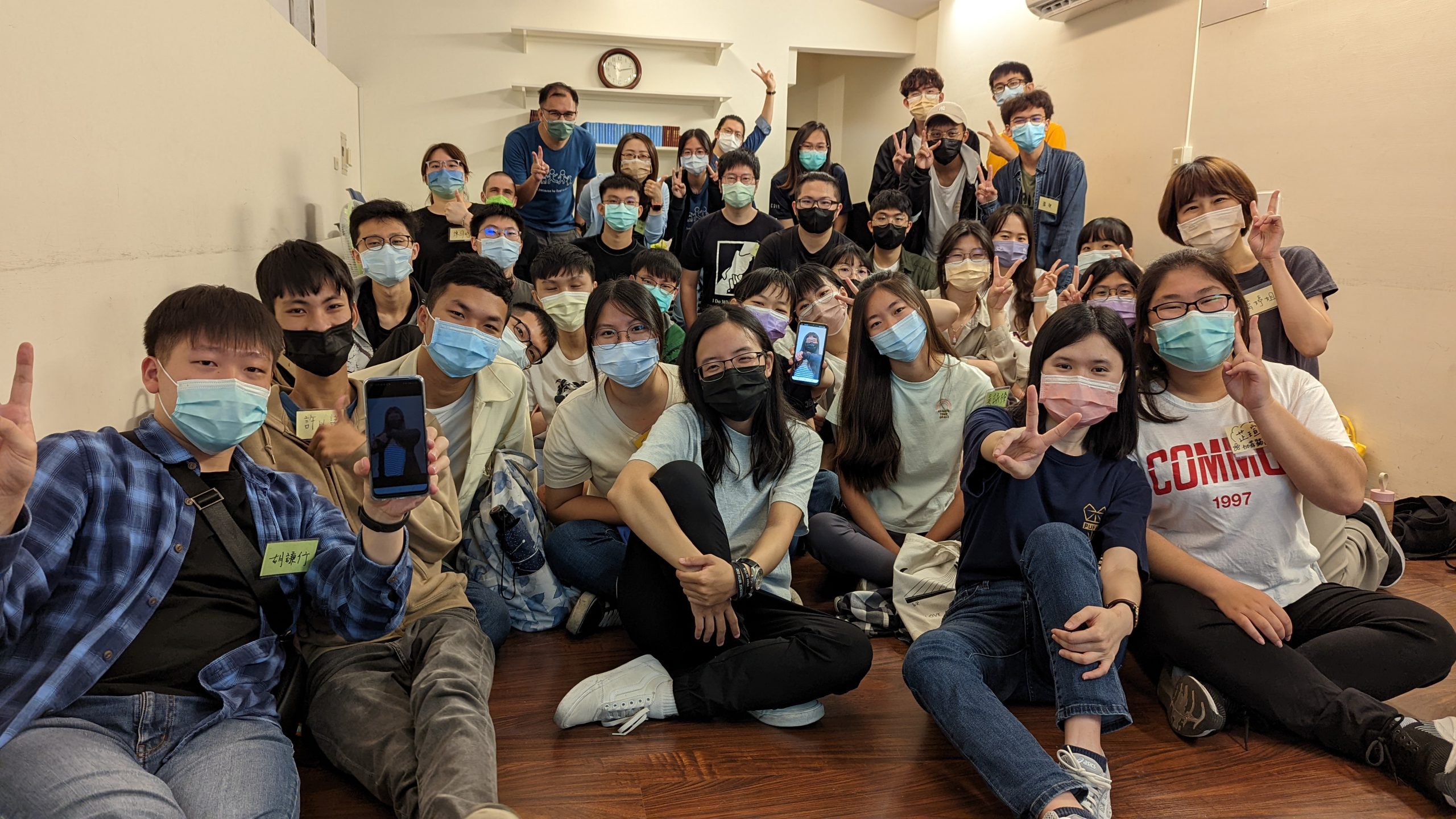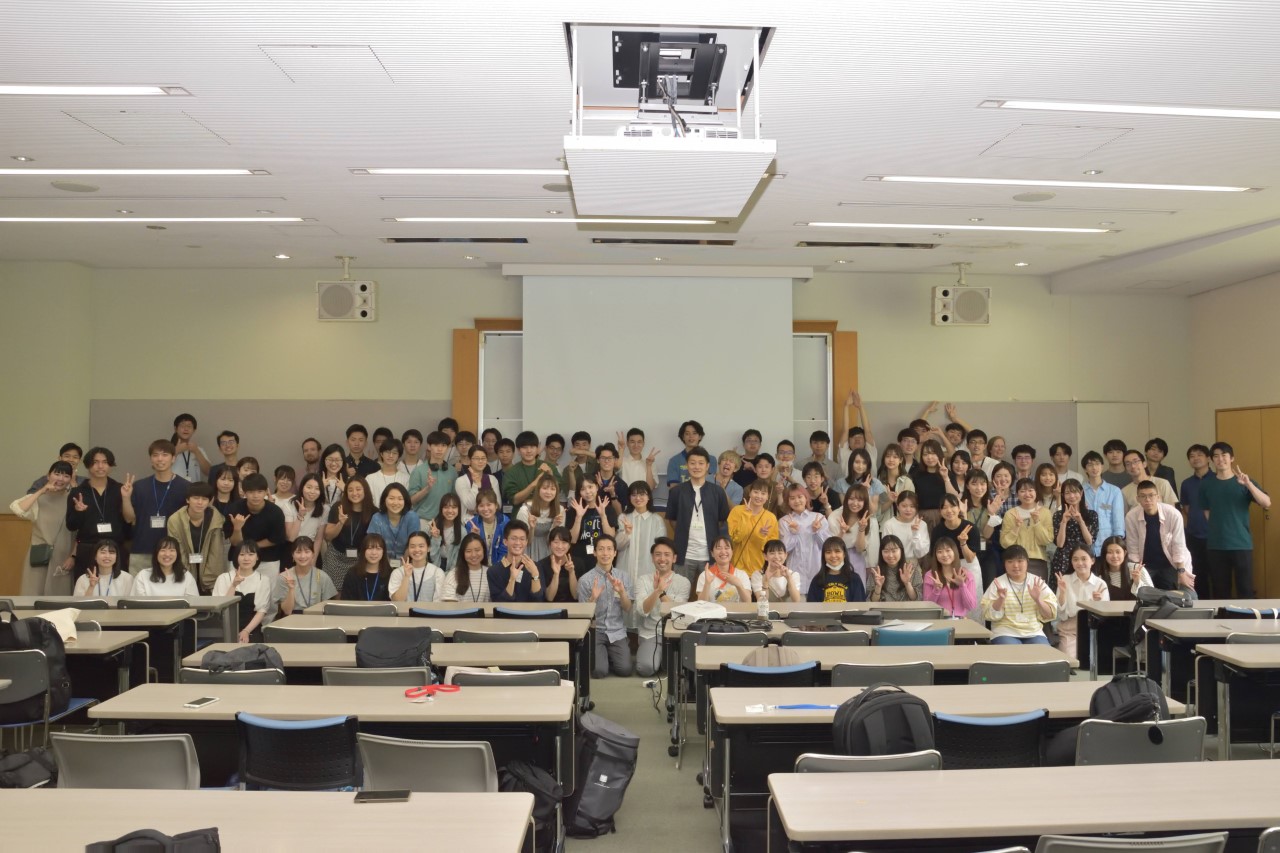A Surprise Gift
International Student Ministry (ISM) – are you thinking, “reaching students from other (often sensitive) countries with the love and good news of Jesus”? You’re not wrong. But, thanks to Justin, a group in IVCF Philippines recently discovered that it’s much more.
Unexpected Attendance
The ISM small group at Southwestern University in Cebu were surprised to see Justin, an optometry student from Nepal. He hadn’t been for months, and it was already the end of the year. Having greeted them all, he announced that he was delighted to share some news:
“I’m sorry I haven’t been able to fellowship with you for such a long time. My final year has been packed with clinical sessions. But guess what? I’ve started a small group with some of my classmates! We meet every Friday from 9pm till midnight because that’s the only time everyone’s available. And I’ve been leading them through the passages in Luke’s Gospel that we studied together last year.”
Unexpected Ministry
The ISM staff worker present was intrigued and asked how many were attending.
“Sometimes just four or five,” he said, “but other times, as many as 10 or 15”.
“Wow, I didn’t realise that you had so many international students on your course!”
“Oh, none of them are internationals,” Justin replied. “I’m the only one. They’re all Filipinos!”
“So, how many are Christians?”, the staff worker enquired.
“I don’t think any of them are,” he said, “but they want to come to the Bible study and learn!”
Unexpected Gift
Justin has now graduated and returned to Nepal. The staff worker involved reflects on his impact:
“Justin was a gift! He not only encouraged the other international students in the group at Southwestern, but he also blessed his Filipino classmates. He’s a powerful example of how ISM can bless, catalyse, and grow campus ministry.”
He was indeed a surprise blessing. Most international students in the Philippines come from India and Nigeria. But here was a student believer from a small, Hindu-majority country reaching students from “the world’s fifth largest Christian-majority country”, where, in reality, many still need a living relationship with Jesus. God’s ways are above ours!
The ISM staff worker concludes:
“We hope that stories like Justin’s can encourage students and staff workers here and across the world to include international students in their fellowships and see them as fellow partners in God’s work on campus.”
Pray
- Give thanks for God’s work in Justin, his coursemates, and the ISM group at Southwestern. Pray for Justin back home in Nepal (now leading Bible studies in his church youth group!) and for the ISM group and IVCF ministry in Cebu.
- Pray that the growing ISM work across IVCF Philippines will connect well with all internationals, including those from India, Nigeria, Nepal, Thailand, Iran, and China. Pray for staff workers who are learning how to effectively engage international students and minister across cultures with sensitivity.
- Pray for a broader understanding of ISM in IVCF Philippines and across all IFES movements – that the gift of international students will be seen as an opportunity not only to reach the unreached but also to partner with the reached.
Discover more about International Student Ministry.
